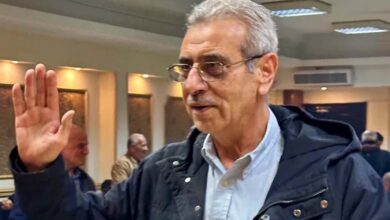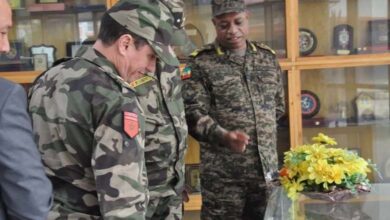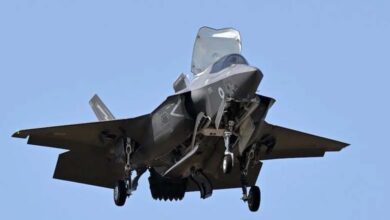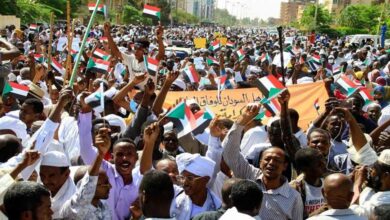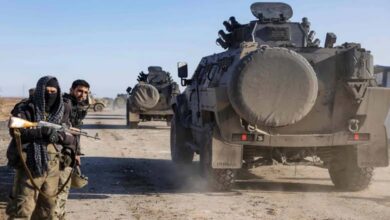Human rights report accuses ‘Taliban’ of committing war crimes in Afghanistan
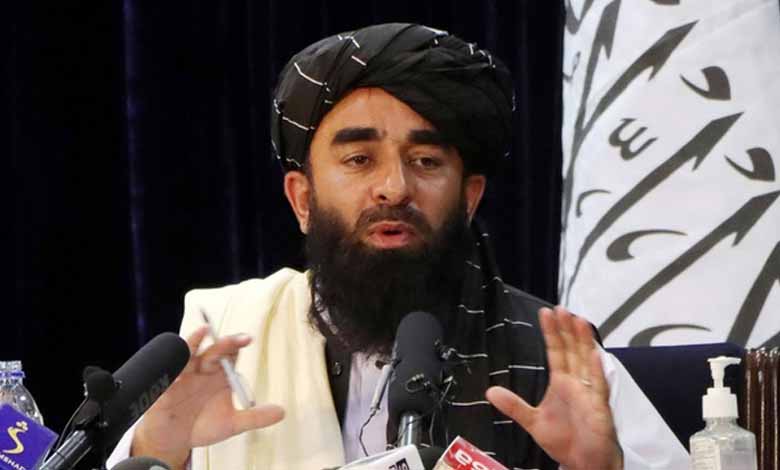
Nearly ten months after seizing power in mid-August, the Taliban are facing charges of committing war crimes against civilians in Afghanistan.
In a report on its official website, New York-based Human Rights Watch said: that Taliban security forces in northern Afghanistan unlawfully arrested and tortured residents accused of belonging to an armed opposition group.
Escalation of fighting
While the US human rights organization has accused the Taliban of war crimes, it highlights the escalation of fighting and violence in Panjshir province since mid-May, when anti-Taliban forces there have attacked Taliban units and checkpoints.
In early May, the NRF announced it had begun a major offensive against the Taliban in a number of northern Afghan provinces, including Panjshir province, a force that Human Rights Watch said had emerged from the fragmented remnants of the Afghan security forces.
“The Taliban committed summary executions and enforced disappearances of captured fighters and other detainees as war crimes” in Panjshir and elsewhere in Afghanistan, Human Rights Watch said.
The Panjshir valley is located in the high Hindu Kush mountain range and has one narrow entrance. There, local fighters repelled in the 1980s the Soviet Union and in the 1990s fought the Taliban.
Ahmed Shah Massoud, a guerrilla fighter who gained near-mythical status before he was killed in a suicide bombing, led local fighters against the Taliban and the Soviets. “His 33-year-old son Ahmed Masood, who was educated abroad, and several senior officials in the ousted Western-backed government vowed to fight the Taliban”.
While the Taliban were unable to respond to the opposition National Resistance Front (NRF) on the ground, they quickly resorted to striking civilians in Panjshir Province in response to NRF attacks, said Patricia Gusman, assistant director of the Asia division at Human Rights Watch.
And Gusman said: “The Taliban’s long-standing failure to punish those responsible for serious abuses within their ranks is putting more civilians at risk”.
Collective punishment
Under the subtitle “Collective Punishment and Disregard for Rights”, Human Rights Watch accused the Taliban of imposing “collective punishment” on the civilians of Panjshir, noting that Mullah Muhammad Yacoub, who was appointed as Minister of Defense by the Taliban, had stated last May that “the new rulers of Afghanistan will not allow anyone to disrupt security” in Panjshir.
“Taliban forces in Panjshir have imposed collective punishment and ignored the protections detainees deserve”, Gusman said. This is just the latest example of Taliban abuses during fighting in the area.
It quoted former detainees as saying at the beginning of this June: The Taliban security forces arrested and beat about 80 residents of Khonj district in the province to force them to provide information about the opposition forces.
Human Rights Watch made the allegations, citing an unnamed human rights defender who interviewed several former detainees and another person with first-hand information about the Taliban arrests.
Several days later, the Taliban released 70 captives but continued to hold 10 of their relatives for alleged membership in opposition forces, according to a Human Rights Watch statement.a


